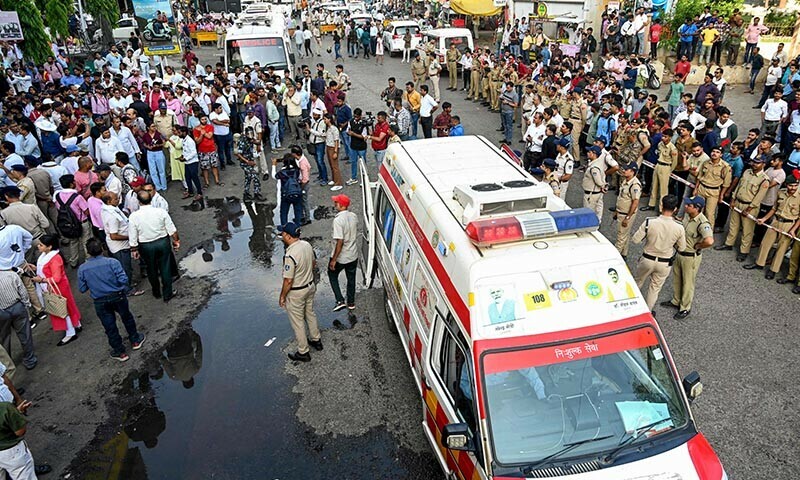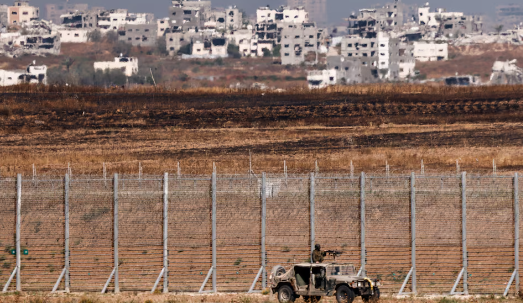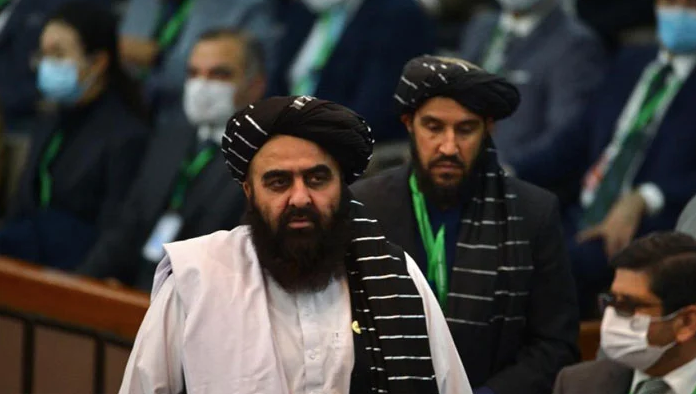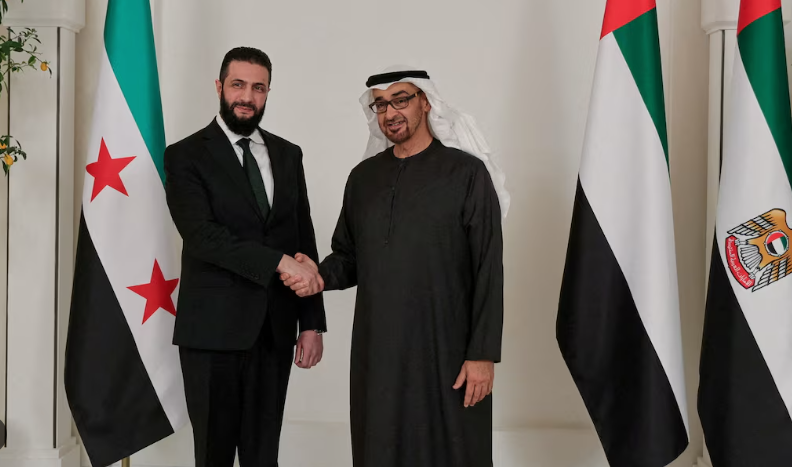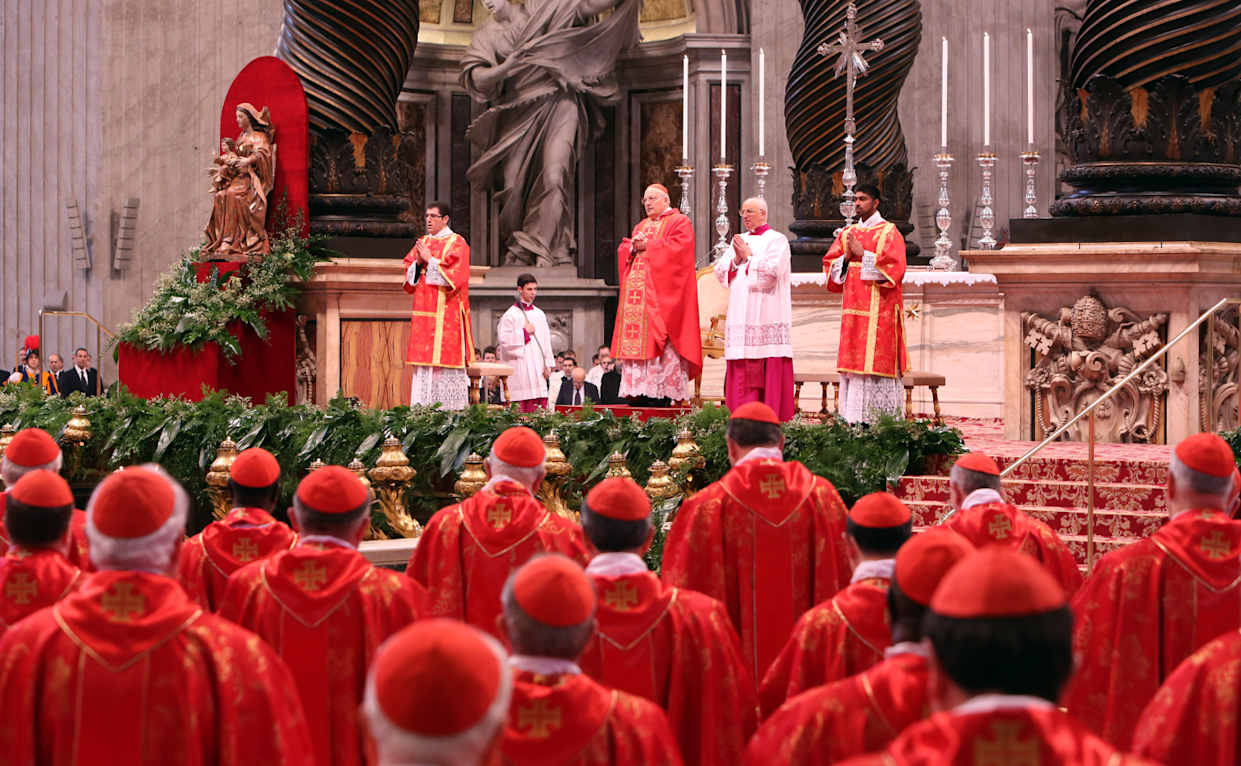WORLD NEWS
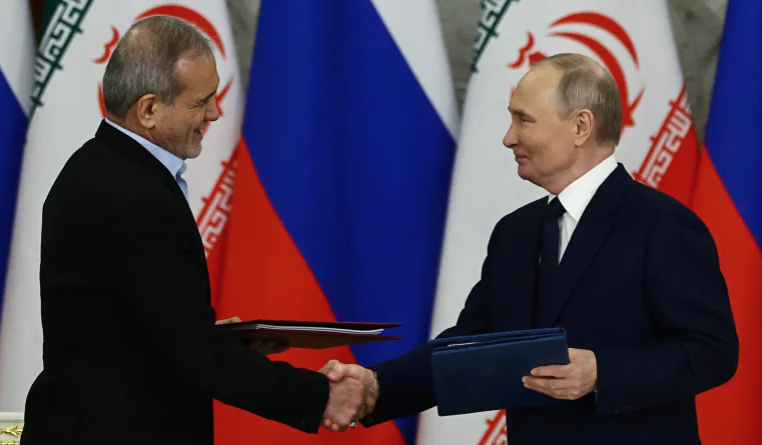
Iran and Russia have finalized a long-awaited 20-year cooperation agreement, further solidifying their ties at a time when both nations face escalating international challenges. Signed by Iranian President Masoud Pezeshkian and Russian President Vladimir Putin in Moscow on Friday, the agreement encompasses a broad range of military, economic, and strategic aspects.
The deal, which has been years in the making, is particularly timely as both Russia and Iran navigate growing pressures from Western sanctions and regional instability. For Russia, the ongoing war in Ukraine has strained its global position, while Iran has been grappling with the fallout from Israel's actions and the loss of allies like Syria's Bashar al-Assad.
At the core of the agreement is a military and defense cooperation clause, stipulating that neither country will allow its territory to be used for actions threatening the other's security. The deal also emphasizes mutual support in confronting external threats and further solidifies their alliance. However, this cooperation does not extend to the formal establishment of a defense pact akin to Russia's agreement with North Korea.
Strategically, the deal also focuses on advancing Russia's North-South Transport Corridor, a key initiative aimed at facilitating trade between Asia and Russia, bypassing geopolitical choke points such as the Suez Canal. Iran's location is critical in this corridor, strengthening its position as an economic and transit hub in the region.
The partnership, though initially rooted in shared interests in Syria, has expanded beyond military cooperation. Both nations are keen on bypassing Western sanctions through alternative banking systems and energy deals, with Iran providing vital trade routes for Russia. The ongoing Russia-Ukraine war has further deepened their military cooperation, with Iran supplying drones to Russia as part of their aligned opposition to the United States' global hegemony.
Iran's joining of the BRICS group in 2023 marked another step toward deeper collaboration with Russia, further cementing their role in challenging the West's economic and political influence. Both countries are focused on building a multipolar world, countering US and European dominance on the global stage.
Despite their strengthened alliance, there are limitations to their partnership. The complexities of their involvement in Syria, where their strategic interests occasionally diverged, highlight the potential challenges ahead. The evolving geopolitical dynamics, including the fall of Assad’s regime and Turkey's growing influence in the region, will likely test the durability of their collaboration.
Furthermore, differences over nuclear issues could also strain their ties, as Russia has historically opposed Iran's pursuit of nuclear weapons, despite its involvement in Iran's nuclear energy program. However, both countries remain committed to mutual interests, particularly in confronting the West.
As Russia and Iran strengthen their strategic partnership, they are poised to navigate a shifting global order, adapting to new alliances and challenges. This cooperation marks a pivotal moment in their relationship, one that will have lasting implications for both countries' geopolitical standing.
